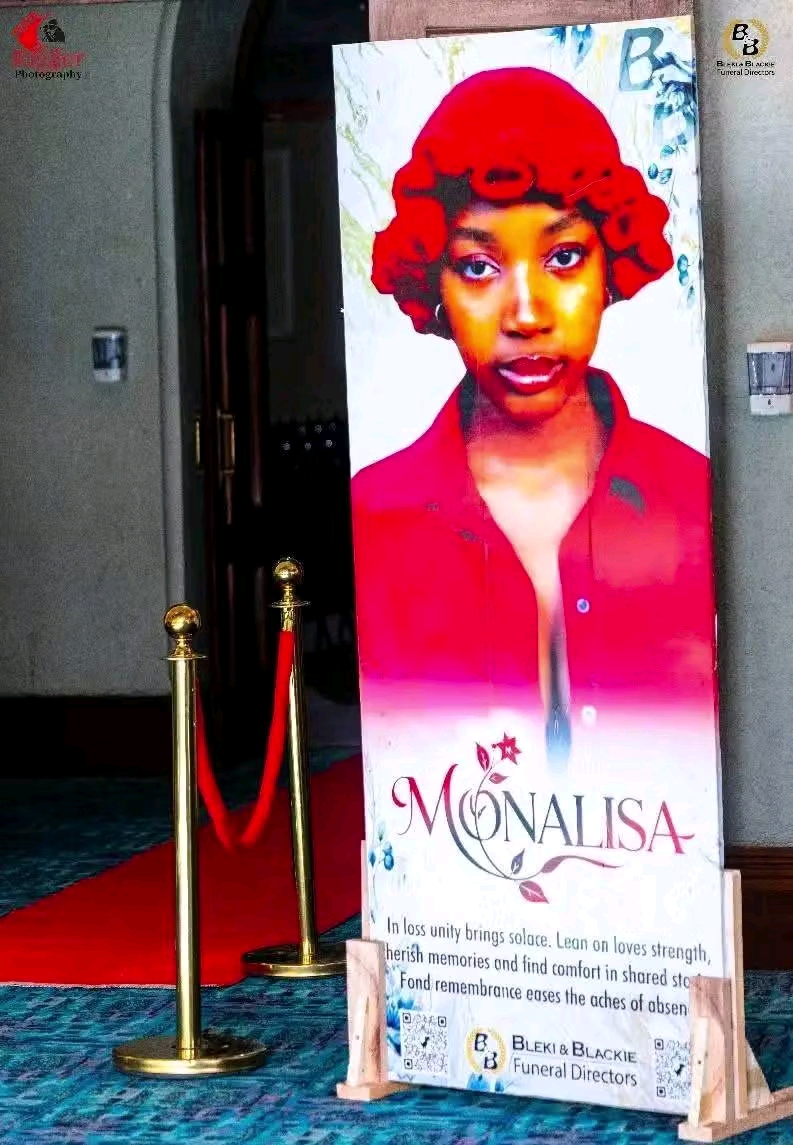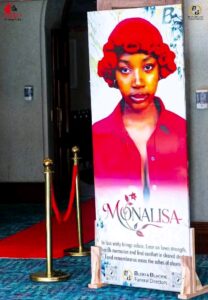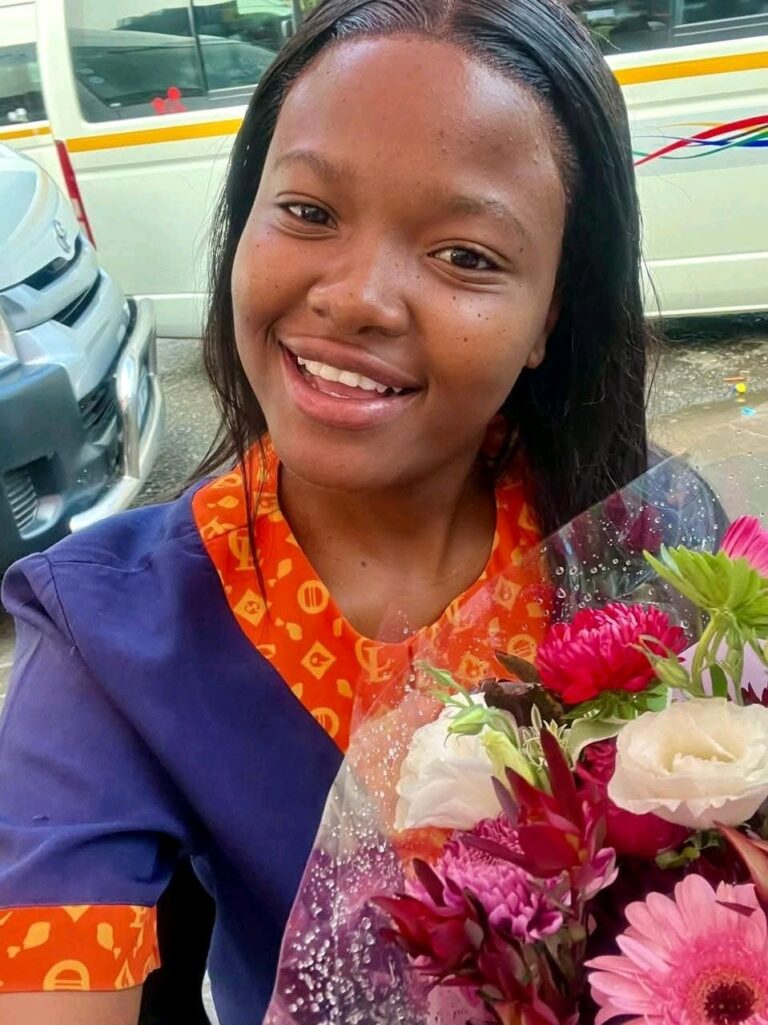
Two young women, Lisakhanya Labi (21) and Monalisa Ojoni (20), were laid to rest over the past weekend following a heartbreaking incident that has once again brought South Africa’s gender-based violence crisis into the spotlight.
The two friends were fatally shot on July 18, 2025, by off-duty police officer Godfrey Tholane Seleke (31), in what authorities have confirmed was a tragic case of domestic violence. The incident occurred in Central, Gqeberha, in the Eastern Cape, and was described by onlookers and advocacy groups as a senseless act of brutality and betrayal.
According to the women’s rights group Women For Change, Seleke, who was Labi’s ex-boyfriend, arrived at her residence in a state of emotional distress and unwillingness to accept the end of their relationship. Witnesses revealed that he entered the home and opened fire, killing both Labi and her friend Ojoni instantly. He then turned the gun on himself, dying from a self-inflicted gunshot wound shortly thereafter.
The tragic deaths of the two young women sent shockwaves throughout the Gqeberha community. Residents, family members, and advocacy groups have expressed outrage and sorrow, mourning not only the loss of two bright lives but also questioning the systems meant to protect women.
Community leader Thando Mbeki voiced the public’s anger, stating, “This is a betrayal of the worst kind. A man trained to serve and protect used that very power to destroy. We demand justice and urgent reforms in the police service to prevent such tragedies.”
Authorities confirmed that Seleke and Labi had recently ended a romantic relationship. Friends and community members noted that Seleke had become increasingly possessive and emotionally unstable after the breakup. Despite signs of troubling behavior, no official complaints had been filed, which raises critical questions about the early warning systems and intervention processes within both the police force and domestic violence frameworks.
Further scrutiny has fallen on the fact that Seleke used his service weapon in the attack. This has reignited national debate over firearm control and the need for more stringent psychological evaluations of law enforcement officers. Some of Seleke’s colleagues admitted he had been acting erratically in recent weeks, describing his demeanor as “volatile.” Yet, no measures were taken to assess or restrict his access to firearms.
Domestic violence experts and activists stress that this is not an isolated case. South Africa continues to face an epidemic of gender-based violence, with police officers too often implicated in such cases. Advocacy groups are now calling for structural changes within the South African Police Service (SAPS), better mental health support for officers, and swift legal reforms that prioritize the safety of women and vulnerable individuals.
As the families of Lisakhanya Labi and Monalisa Ojoni laid them to rest, communities across the nation are left grappling with grief, anger, and the urgent call to end the cycle of gender-based violence once and for all.




